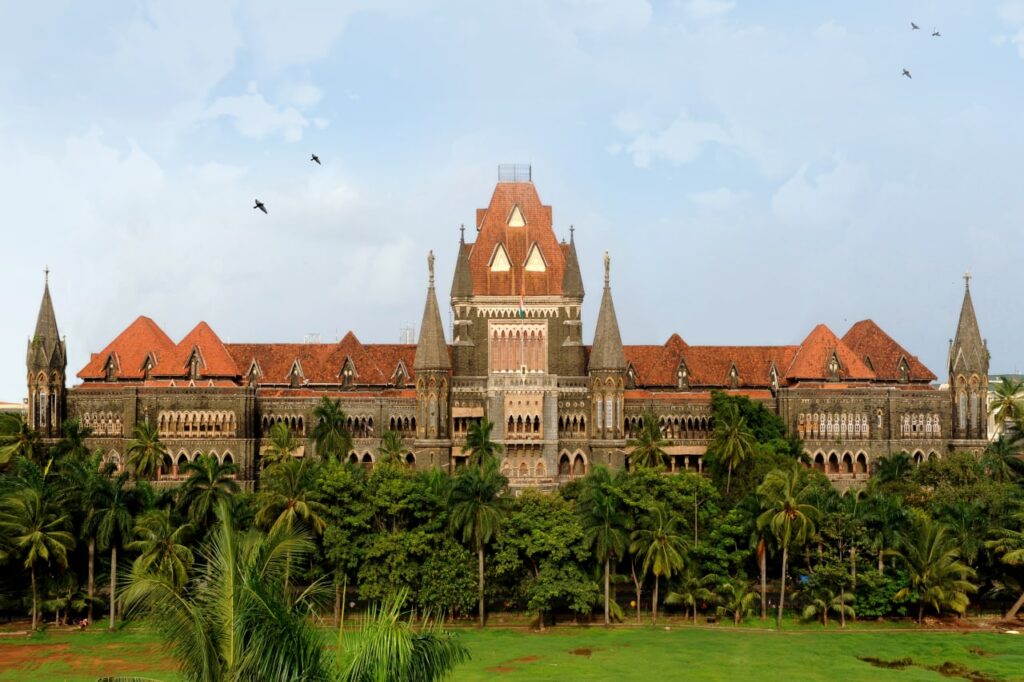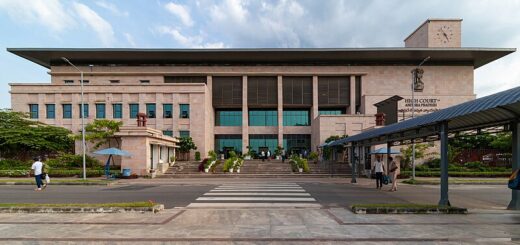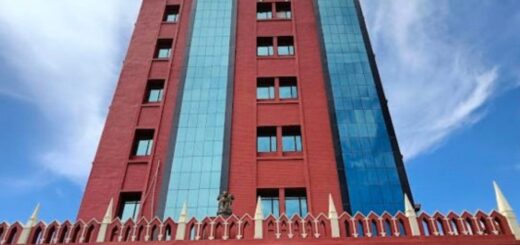The Bombay High Court criticized the trial court for using the Mahabharata as a basis to impose a death sentence.

The Bombay High Court recently raised concerns about the unusual reasons behind a trial court’s decision to impose the death penalty in a multi-murder case, including an inappropriate reference to the Mahabharata [State of Maharashtra vs Haribhau Telgote]. Justices Vinay Joshi and Abhay Mantri criticized the trial court for relying only on murder statistics to justify the death sentence, rather than focusing on the specific details of the case. The High Court pointed out that every criminal trial is distinct and requires a tailored evaluation. “The reasons given by the trial court for imposing capital punishment are quite unusual. The trial court cited a verse from the Mahabharata, which we believe is unnecessary. Notably, in paragraph 344 of the ruling, the trial court included crime statistics from Maharashtra over the past decade… Based on this data, it was stated that incidents involving four murders in one event are rare, thus categorizing it as a rarest of rare case. We find this approach flawed, as categorization cannot be based solely on statistical data without considering the facts of this case… The trial court’s method is completely incorrect,” the ruling from November 13 stated. RM Daga represented the appellants, and the State was represented by Additional Public Prosecutors SS Doifode and AM Badar.
The Nagpur Bench of the Bombay High Court made these comments during an appeal by a family—parents and their son—who were found guilty of murdering four relatives over a land dispute. The case involved a long-standing argument over 29 acres of family farmland. Haribhau Telgote (66), his wife Dwarkabai Telgote (55), and their son Shyam Telgote (35) were convicted by the Sessions Court in May 2024 for the planned murders of Dhanraj Charhate, his sons Shubham and Gaurav, and his brother Baburao. In June 2015, Dwarkabai, involved in a land division lawsuit with her brothers, planted cotton on a disputed piece of land. When Dhanraj protested, a heated argument broke out. Dwarkabai reportedly called her husband and sons, who came armed. The resulting attack led to the deaths of four family members.
The Additional Sessions Judge sentenced them to death, labeling the case as one of the “rarest of rare.” The accused appealed to the High Court, claiming the death sentence was excessive. The Bombay High Court, referencing the Supreme Court’s decisions in Bachan Singh v. State of Punjab and Machhi Singh v. State of Punjab, emphasized that the death penalty is meant for crimes of extreme brutality and when the convict shows no chance of reform. After applying this standard, the High Court reduced the death sentences for two of the accused and acquitted one.
Two individuals, Haribhau Telgote and his son Shyam Telgote, received life sentences from the High Court instead of the death penalty. The Court determined that although the crime was violent, it did not reach the high “rarest of rare” threshold. Dwarkabai Telgote was found not guilty due to a lack of evidence showing her involvement in the murder. The Court noted, “There was no indication that Dwarkabai had a weapon or took part in the attack. The testimony only mentioned a prior argument between her and the victim in the field, and that she called her relatives in Malpura for assistance.”









